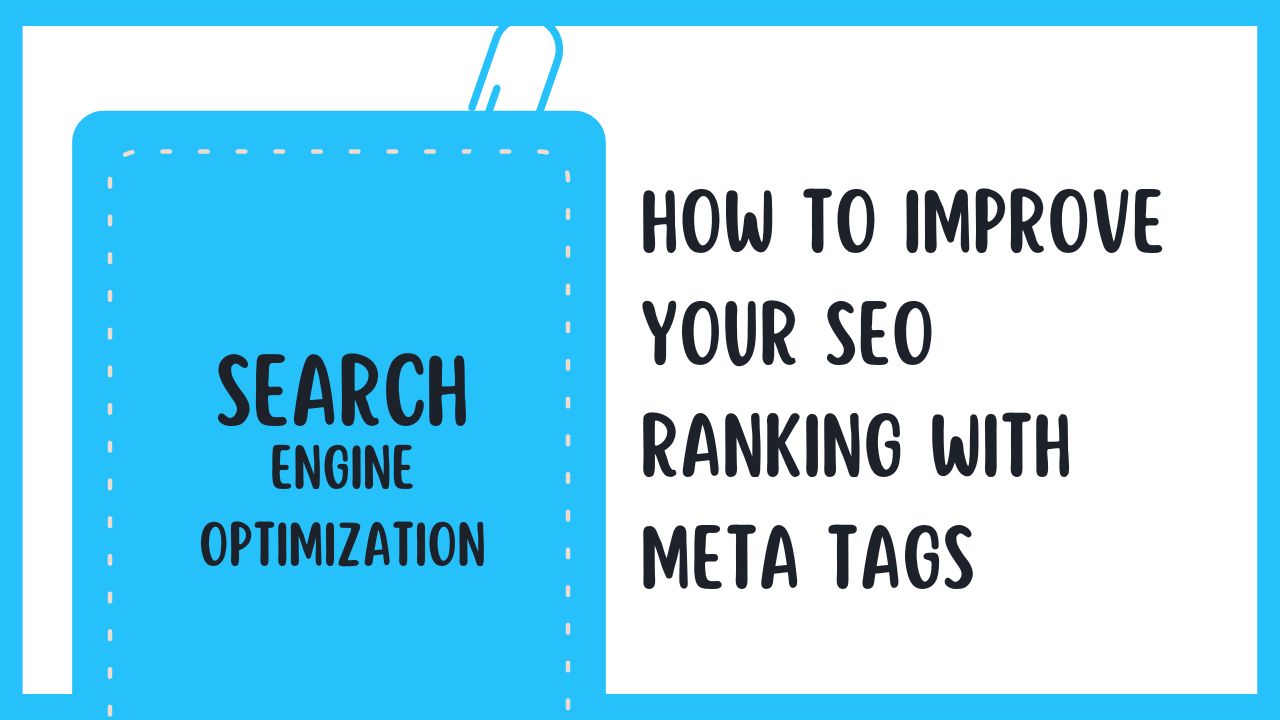Introduction
In the ever-evolving world of search engine optimization (SEO), meta tags play a pivotal role in determining the visibility and ranking of a website on search engine results pages (SERPs). Understanding the nuances of meta tags and leveraging them effectively can significantly impact your website’s SEO performance. In this guide, we’ll explore the power of meta tags and how you can harness them to enhance your SEO strategy.
Understanding Meta Tags
Meta tags are snippets of HTML code that provide metadata about a webpage. While they don’t appear on the webpage itself, search engines utilize meta tags to understand the content and context of a webpage. The most common types of meta tags include title tags, meta descriptions, meta robots tags, meta viewport tags, and meta charset tags.
The Importance of Title Tags in SEO
The title tag is arguably the most critical meta tag for SEO. It serves as the title of your webpage in search engine results and significantly influences click-through rates (CTR). To optimize your title tag, keep it concise, include relevant keywords, and ensure uniqueness for each page on your website.
Example HTML Code:
<title>Your Title Here</title>
How Meta Descriptions Drive Click-Through Rates
Meta descriptions provide a brief summary of your webpage’s content and play a crucial role in enticing users to click on your link. Craft compelling meta descriptions that accurately reflect your content, include relevant keywords, and incorporate a strong call-to-action to boost CTR.
Example HTML Code:
<meta name="description" content="Your Description Here">Meta Robots Tags and Index Control
Meta robots tags control how search engine crawlers index and follow links on your webpage. By strategically using meta robots tags, you can dictate how search engines interact with your content, ensuring optimal indexing and crawling behavior.
Example HTML Code:
<meta name="robots" content="index, follow">Leveraging the Power of Meta Viewport for Mobile Optimization
With the proliferation of mobile devices, optimizing your website for mobile users is essential. Meta viewport tags enable you to control the viewport’s behavior and ensure a seamless user experience across different devices and screen sizes.
Example HTML Code:
<meta name="viewport" content="width=device-width, initial-scale=1">The Role of Meta Charset for Website Encoding
Meta charset tags specify the character encoding for your webpage, ensuring proper interpretation of special characters and symbols. By specifying the correct character encoding, you can prevent display issues and ensure consistent rendering across various browsers.
Example HTML Code:
<meta charset="UTF-8">Advanced Meta Tags: Beyond Basics
Explore advanced meta tags such as meta keywords, meta og tags for social media optimization, and meta canonical tags for managing duplicate content issues. Implementing these advanced meta tags can further enhance your website’s SEO performance and visibility.
Conclusion
In conclusion, meta tags are a cornerstone of effective SEO strategies. By understanding their significance and implementing best practices, you can improve your website’s SEO ranking and drive more organic traffic. Incorporate the insights from this guide into your SEO efforts to unlock the full potential of meta tags and elevate your online presence.

